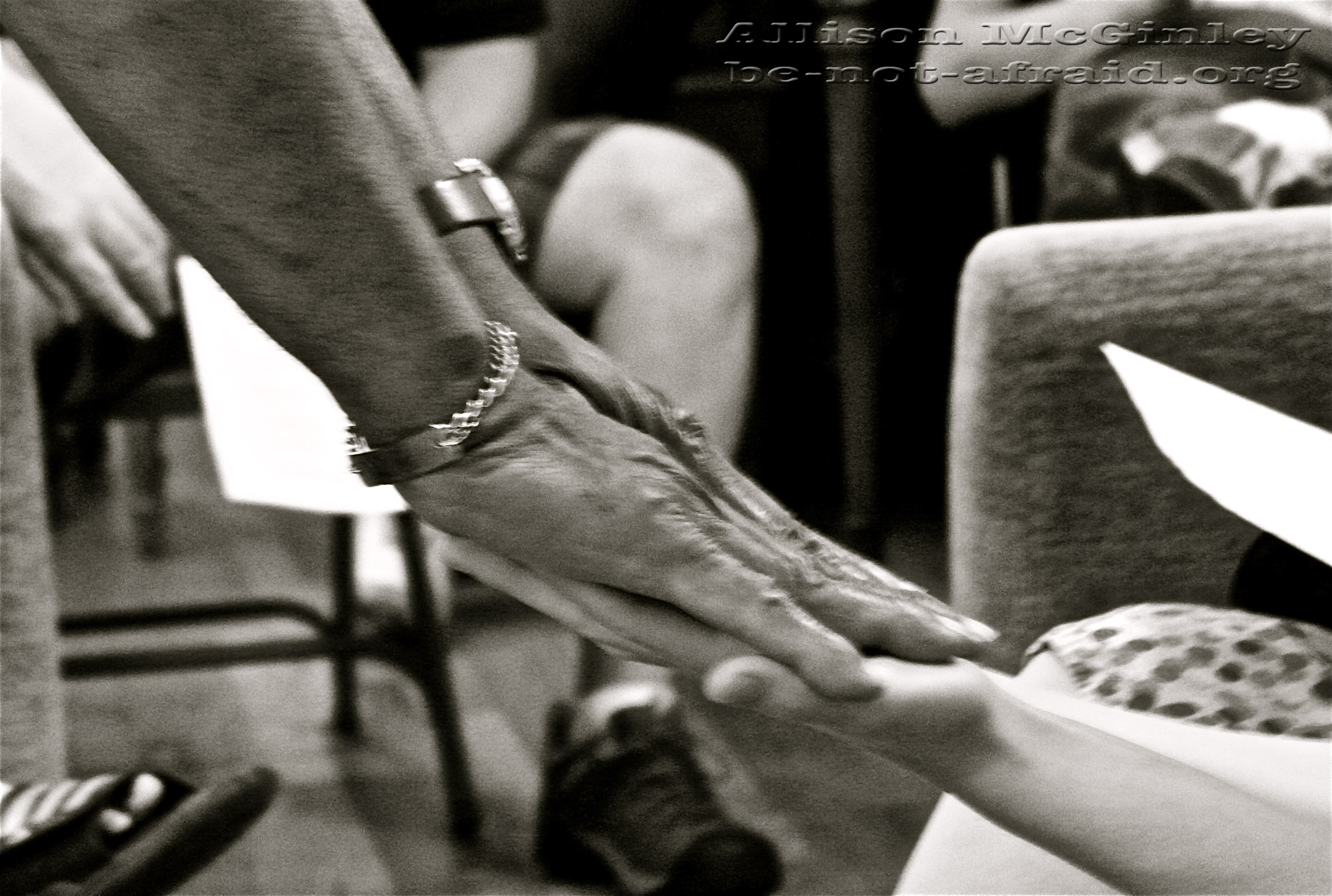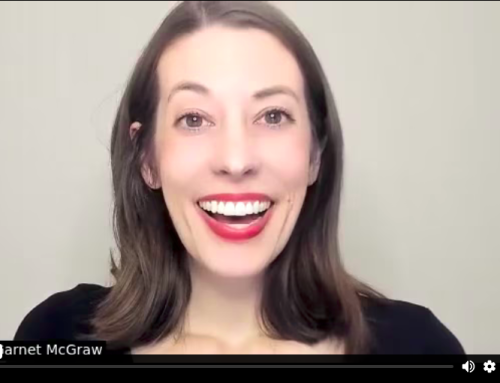This week it has come to my attention that almost everyone I know –myself included– has trouble knowing when enough is enough.
I’m not talking about the traditional addiction areas, like knowing when to stop eating or drinking or shopping. I’m talking about the more insidious ones, like productivity, or helping.
I’m not talking about the times when we have to step it up (like real emergencies, or situations wherein we’re called to love boldly and step out of our comfort zone.) I’m talking about treating our lives as ongoing emergencies, putting ourselves on-call 24/7.
Yet even for the most well-balanced among us, it can be difficult to know when we’ve done enough for others, for ourselves. It can be hard to rest in the sufficiency of a job well done, a day well lived…because we’re not sure where that point of ‘enough’ is.
It is impulse control, but not of the sort we usually think. It’s all about moving past the compulsion to prove oneself– to be more, do more, help more– and listening for the deeper guidance available to us. It’s about listening for the still small voice of sufficiency.
And listening for that voice makes us vulnerable. It makes us face up to all the things we’d rather ignore. Too often, we’d rather hide our hurt behind helping others than admit that we need help ourselves. Too often, we give from a place of emptiness.
I myself ask these questions:
- What if, instead of trying harder to be a good friend to someone I know, I got honest and said, “It hurts me when we repeat this pattern: you say you miss me, we start to make plans, and then you never call me back”?
- What if, instead of pushing through 12-hour workdays (wherein I come home tired beyond tired), I committed to caring for my health and refused to over-schedule?
- What if, instead of trying to drown out what I’m feeling with overwork, I chose to receive what I feel?
It’s tough love — for myself and for you– that leads me to write this post. And it’s that love that makes me think of my friend Kevin*, and what he’s taught me about sufficiency.
Kevin is a man with a sunny disposition. His vocabulary is limited, but his face communicates his thoughts exquisitely. If he’s excited, he rarely needs words; it’s all written on his face. (We have this in common.) He lives at L’Arche, so I’ve known him for the past 5 years.
One of the things I like best about Kevin is the lack of pretense. If he’s not interested in something, he’ll walk away or turn his attention elsewhere. And when he cares for someone– when he picks up your plate or pats your head– you can tell it’s coming straight from the heart. He doesn’t seem to struggle with the desire to impress others. He simply is who he is.
When I think of sufficiency, a specific memory of Kevin enters my mind. It answers the question I implied earlier: How do we know when we’ve done enough, said enough, contributed enough?
To give context for this answer: at L’Arche, we celebrate each person’s birthday, anniversary and farewell. In the anniversary celebration liturgy, we anoint and bless one another with water. We gently lay our hands on the person’s head, hands, feet.
What I remember is this: Kevin putting his hands on my head and blessing me, his touch filling my spirit.
For perfectionists like me, anointing can be disconcerting. How long do you let your hand linger in blessing? How much water do you use? (Several of our members take delight in purposefully using too much.) And most of all, how do you know that you’ve really blessed someone?
As such, I’ve come to see the anointing ceremony as a metaphor for life, a way of discovering sufficiency.
First: sufficiency isn’t in the gesture alone. The touch is important, but it’s not everything. Two people may make exactly the same gesture, and it may result in two completely different feelings within the person being anointed.
Sufficiency requires quietness of spirit and humility of heart. When Kevin anoints me, I can feel the love in his movements. He takes his time. He doesn’t rush. His hands on my head are gentle, yet purposeful. He bows his head over mine and prays silently. He treats me with respect and kindness. And then he returns to his seat, and I am amazed at the beauty all around me.
Really, the secret of sufficiency and the secret of success are one and the same. Both arise from an internal compass, from an inchoate knowing. They cannot be predetermined. They must be lived moment-by moment, in the grace of the now.
As Wayne Muller writes in his book, A Life of Being, Having and Doing Enough, “There are two kinds of compassion and care. One is honest kindness, and the other, dishonest kindness. How many times have we promised, or pretended to be available, to listen, to care, when, in that moment, we honestly had no such capacity? And do we imagine that dishonest kindness actually brings healing and ease to another– or do we seed an unintended suffering?”
Kevin lives a life of honest kindness. And with his help, I’m learning, slowly, to do the same.
What does honest kindness translate to in your life? One day, it might mean scheduling your fun stuff in addition to your work stuff. On another day, it might mean taking a nap rather than returning phone calls. On another, it might mean listening instead of trying to fix, or loving rather than trying to control.
The secret of enough is found in making a shift from fear to faith.
***
How do you arrive at a sense of sufficiency? Tell me in the comments!
All commenters on this post will be entered to win a free copy of A Good & Perfect Gift by Amy Julia Becker.
Share This:
Comments
Related Posts



